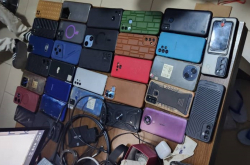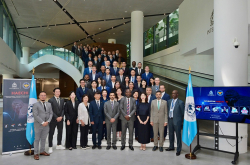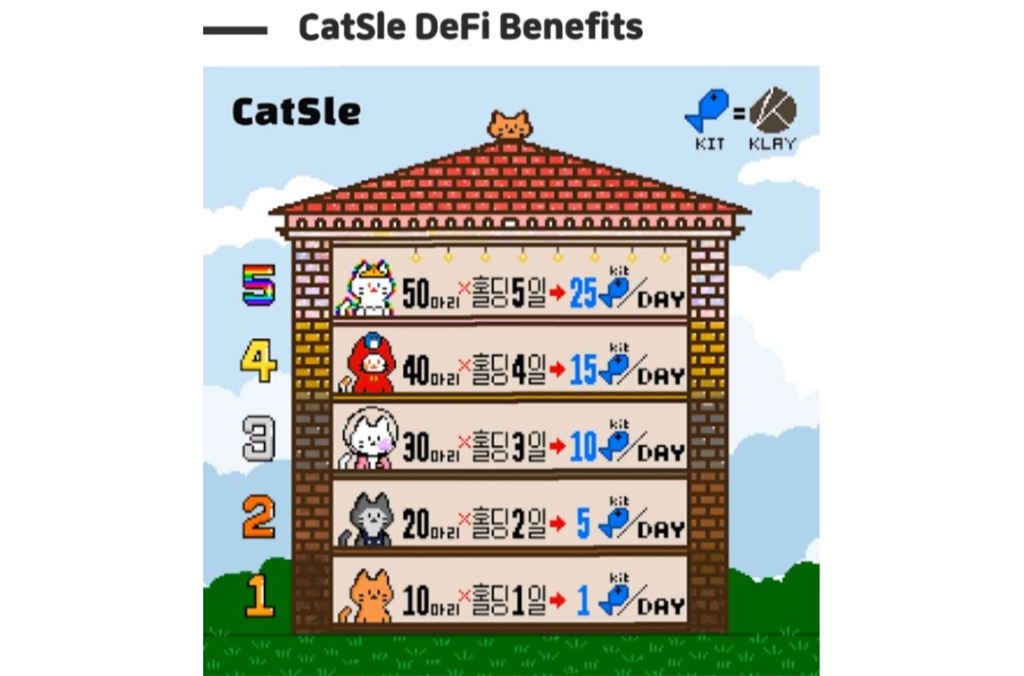LYON, FRANCE – A transcontinental police operation against online financial crime has concluded with almost 3,500 arrests and seizures of USD 300 million (approx. EUR 273 million) worth of assets across 34 countries.
The six-month Operation HAECHI IV (July-December 2023) targeted seven types of cyber-enabled scams: voice phishing, romance scams, online sextortion, investment fraud, money laundering associated with illegal online gambling, business email compromise fraud, and e-commerce fraud.
Investigators worked together to detect online fraud and freeze associated bank and virtual asset service provider (VASP) accounts using INTERPOL’s Global Rapid Intervention of Payments (I-GRIP), a stop-payment mechanism which helps countries work together to block criminal proceeds.
Cooperation between Filipino and Korean authorities led to the arrest in Manila of a high-profile online gambling criminal after a two-year manhunt by Korea's National Police Agency.
Authorities blocked 82,112 suspicious bank accounts, seizing a combined USD 199 million in hard currency and USD 101 million in virtual assets.
“HAECHI IV’s 200 per cent surge in arrests shows the persistent challenge of cyber-enabled crime, reminding us to stay alert and keep refining our tactics against online fraud, which is why INTERPOL operations like this are so important. Thank you to all concerned, especially colleagues from the Philippines and Korea.”
Investment fraud, business email compromise and e-commerce fraud accounted for 75 per cent of cases investigated in HAECHI IV.
Working with a number of VASPs, INTERPOL helped frontline officers identify 367 virtual asset accounts linked to transnational organized crime. Police in member countries froze the assets and investigations are ongoing.
INTERPOL’s Head of National Central Bureau in Korea, Kim Dong Kwon, said:
"It is remarkable that global efforts to stay ahead of the latest criminal trends have resulted in a substantial growth in operational outcomes.
“Despite criminals' endeavors to gain illicit advantages through contemporary trends, they will eventually be apprehended and face due punishment. To accomplish this, Project HAECHI will consistently evolve and expand its scope.”
Two Purple Notices were published during Operation HAECHI IV warning countries about emerging digital investment fraud practices.
One alerted INTERPOL member countries to a new scam detected in Korea involving the sale of Non-Fungible Tokens with promises of huge returns, which turned out to be a “rug pull”, a growing scam in the crypto industry where developers abruptly abandon a project and investors lose their money.
The second purple notice warned about the use of AI and deep fake technology to lend credibility to scams by enabling criminals to hide their identities and to pretend to be family member, friends or love interests.
The UK leg of the operation reported several cases where AI-generated synthetic content was used to deceive, defraud, harass, and extort victims, particularly through impersonation scams, online sexual blackmail, and investment fraud. Cases also involved the impersonation of people known to the victims through voice cloning technology.
HAECHI operations are supported financially by Korea.
HAECHI IV participating countries: Argentina, Australia, Brunei, Cambodia, Cayman Islands, Ghana, Hong Kong (China), India, Indonesia, Ireland, Japan, Kyrgyzstan, Laos, Liechtenstein, Malaysia, Maldives, Mauritius, Nigeria, Pakistan, Philippines, Poland, Korea, Romania, Seychelles, Singapore, Slovenia, South Africa, Spain, Sweden, Thailand, United Arab Emirates, United Kingdom, United States, Viet Nam.
Related news

260 suspected scammers arrested in pan-African cybercrime operation
26 September 2025
USD 439 million recovered in global financial crime operation
24 September 2025













